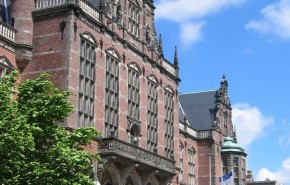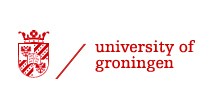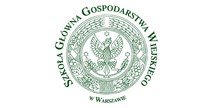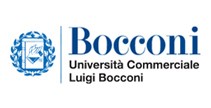Location
Groningen, The Netherlands
Profile
The University of Groningen has a long academic tradition extending back to 1614, which makes Groningen the oldest University in the Netherlands after Leiden. Many very talented people in a variety of disciplines have studied or worked at the University during the 390 years of its existence, including a Nobel Prize winner, the first female University student in the Netherlands and the first female lecturer, the first Dutch astronaut and the first president of the European Bank. They share their academic roots with more than 200,000 other people who have attended the RUG as students, lecturers or research workers.
The University of Groningen (RUG: Rijksuniversiteit Groningen) provides high-quality teaching and research, is internationally oriented, respects differences in ambition and talent, works actively with businesses, the government and the public, and is one of the top research universities in Europe .
English is the language of instruction for over 70 degree programmes. In addition, there is a wide variety of courses in English available for exchange students and a number of short certificate courses.
The university has nearly 19,000 undergraduate students, including 1610 undergraduate students.
Postgraduate Programmes
The University has nearly 100 Masters programmes taught through English in subject areas that include:
Business Administration
Criminology
Ecology & Evolution
International Law
Journalism
Marine Biology
Psychology
Overview of the Town or City
Groningen is the capital city of the province of Groningen in the Netherlands. With a population of around 188,000, it is by far the largest city in the north of the Netherlands. Groningen is a university city, inhabited on average by about 50,000 students. Groningen has been called the “World Cycling City”, since 57% of journeys within the city are made by bicycle.
Groningen has its own city theatre (Stadsschouwburg), located on the Turfsingel; a big theatre and concert venue called Martini Plaza..Several cafes feature live music, a few of which specialize in jazz music, including Jazzcafe De Spiegel on the Peperstraat.
Groningen’s nightlife depends largely on its student population. Its cultural scene is vibrant and remarkable for a city of its size. In particular, the Grote Markt, the Vismarkt, and the Poelestraat and Peperstraat are crowded at night, especially on Thursdays and Saturdays when some bars do not close until 7 in the morning. In 2006, Groningen was elected “de beste binnenstad” (the best city centre) of the Netherlands
Fees
EU Students: Eur1951pa





